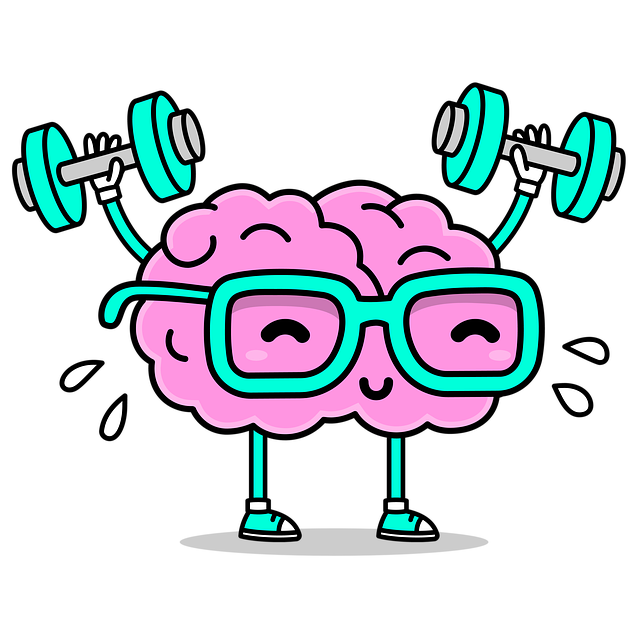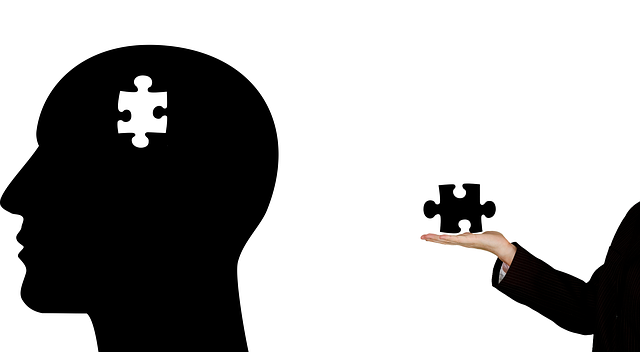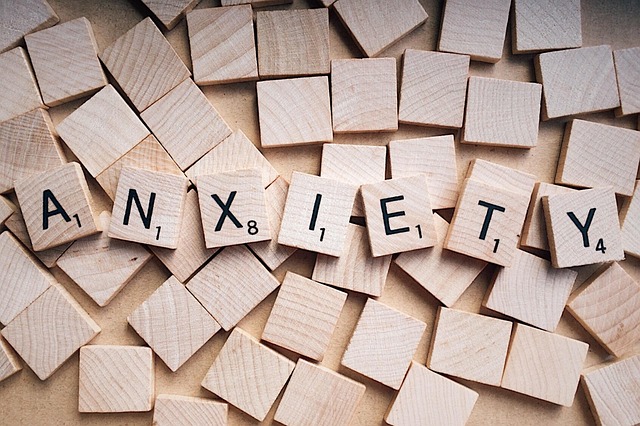Understanding substance abuse risks is crucial in preventing adolescent and teen addiction. Northglenn Adolescent and Teen Therapy emphasizes early education, resilience building, and coping mechanism development to empower teens against peer pressure and stress-related triggers. Their evidence-based therapies, like CBT, target root causes of substance abuse, incorporating mindfulness and empathy strategies. A supportive environment, including family communication and community programs, further reduces risks. Northglenn's multi-faceted approach ensures long-term recovery through consistent skill development, workshops, and trauma support, enabling teens to lead sober, fulfilling lives.
In the pursuit of a healthier community, understanding and mitigating substance abuse risks is paramount. This comprehensive guide explores evidence-based strategies for reducing substance abuse among adolescents and teens in Northglenn and beyond. From recognizing early warning signs to implementing long-term solutions, we delve into foundational aspects like education, supportive environments, and therapeutic interventions. By harnessing these tools, communities can empower youth, foster resilience, and pave the way for a brighter future free from substance abuse.
- Understanding Substance Abuse Risks: A Foundation for Prevention
- Early Intervention and Education: Building Resilience in Teens
- Creating a Supportive Environment: Family, Community, and Peer Influence
- Evidence-Based Therapies: Addressing Underlying Issues and Behaviors
- Long-Term Strategies: Maintaining Sobriety and Preventing Relapse
Understanding Substance Abuse Risks: A Foundation for Prevention

Understanding Substance abuse risks is a pivotal step in prevention efforts, especially for adolescents and teens navigating challenging life stages. Northglenn Adolescent and Teen Therapy experts emphasize that early awareness and education can build resilience against potential triggers. By identifying high-risk scenarios—such as peer pressure, stress, or trauma—young individuals can develop coping mechanisms to navigate these challenges without resorting to substance abuse.
Resilience building and burnout prevention are key strategies in this process. Social skills training plays a crucial role here, equipping teens with the ability to communicate effectively, foster healthy relationships, and seek support when needed. These proactive measures not only minimize the likelihood of substance abuse but also empower adolescents to make informed choices, ensuring their well-being and promising futures.
Early Intervention and Education: Building Resilience in Teens

Early intervention and education play a pivotal role in risk reduction strategies for substance abuse among adolescents and teens. By implementing tailored programs in schools and communities, such as those offered by Northglenn Adolescent and Teen Therapy, young individuals can gain valuable knowledge about substance use, its effects, and alternative coping mechanisms. This proactive approach equips them with the tools to make informed decisions and build resilience against potential peer pressure or emotional challenges that may lead to substance abuse.
Through interactive self-awareness exercises and emotional regulation techniques, teens learn to identify their emotions, understand triggers, and develop healthier ways of managing stress. Additionally, fostering inner strength development helps them cultivate a positive self-image, boost confidence, and form strong support networks—all of which contribute to better decision-making and overall well-being. These educational interventions not only prevent substance abuse but also empower teens to navigate life’s challenges with greater resilience and self-control.
Creating a Supportive Environment: Family, Community, and Peer Influence

Creating a supportive environment is a cornerstone in reducing risks associated with substance abuse, especially for adolescents and teens. Northglenn Adolescent and Teen Therapy emphasizes the significant role that family, community, and peer influence play in shaping young individuals’ behaviors and decisions. Family dynamics and relationships can either foster or prevent substance abuse through open communication, understanding, and empathy-building strategies. Promoting a nurturing home environment where teens feel loved, supported, and understood is crucial.
Community programs and peer support groups also contribute to risk reduction by providing alternative social settings that encourage positive interactions and healthy coping mechanisms. Social skills training and stress reduction methods taught in these environments equip adolescents with the tools to navigate challenges without resorting to substance abuse. By fostering a sense of belonging and self-worth, Northglenn Adolescent and Teen Therapy aims to break down the barriers that lead to substance abuse, promoting instead a vibrant tapestry of support and growth opportunities.
Evidence-Based Therapies: Addressing Underlying Issues and Behaviors

Evidence-Based Therapies play a pivotal role in reducing risks associated with substance abuse among adolescents and teens. These therapeutic approaches go beyond symptom management by delving into the root causes and maladaptive behaviors that contribute to substance misuse. Northglenn Adolescent and Teen Therapy, for instance, employs strategies like Cognitive Behavioral Therapy (CBT), which helps individuals identify and change negative thought patterns and behaviors.
By fostering empathy building strategies and incorporating mindfulness meditation, these therapies empower teens to develop healthier coping mechanisms. Additionally, addressing underlying issues such as depression prevention through integrated care can significantly reduce the likelihood of substance abuse relapsing. This comprehensive approach ensures that adolescents receive the necessary tools and support to lead fulfilling lives free from the grip of substance dependence.
Long-Term Strategies: Maintaining Sobriety and Preventing Relapse

Maintaining sobriety and preventing relapse are key components of long-term strategies for substance abuse recovery. This involves a multifaceted approach that extends beyond initial treatment. At Northglenn Adolescent and Teen Therapy, we emphasize the importance of ongoing support and skill development. Our programs focus on equipping individuals with coping skills to manage triggers and stress, which are often at the heart of relapse.
Through therapy sessions, workshops, and trauma support services, we guide patients in learning effective stress management techniques. Additionally, our dedicated team helps them identify and avoid high-risk situations, fostering a sense of resilience against cravings. By integrating these long-term strategies into their daily lives, individuals can sustain their sobriety and build a brighter future free from the grip of substance abuse.
Substance abuse is a complex issue, but with a multi-faceted approach, prevention and recovery are achievable. By combining education, support, therapy, and long-term strategies, such as those offered by Northglenn Adolescent and Teen Therapy, we can empower individuals to reduce risks and lead healthier lives. Addressing the root causes and fostering a supportive environment is key to breaking cycles of abuse and promoting resilience among teenagers.











